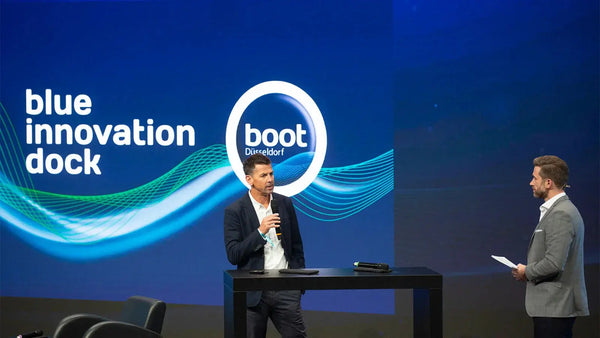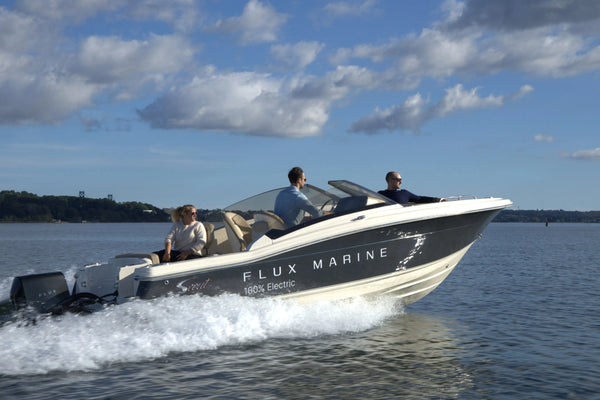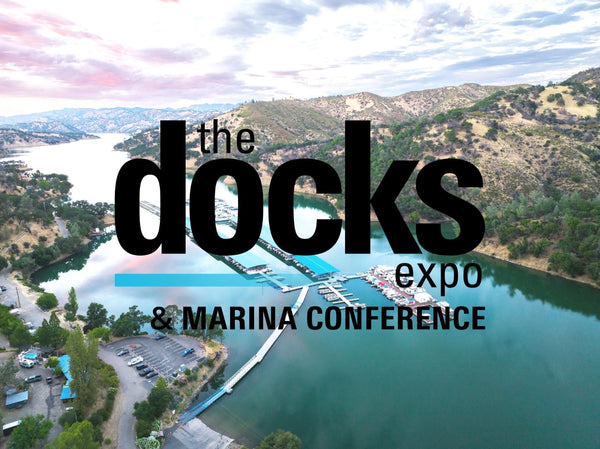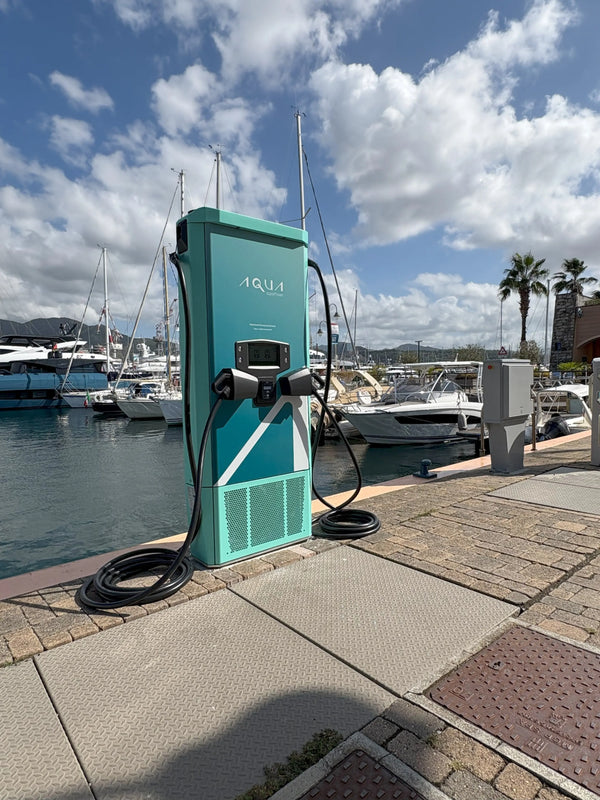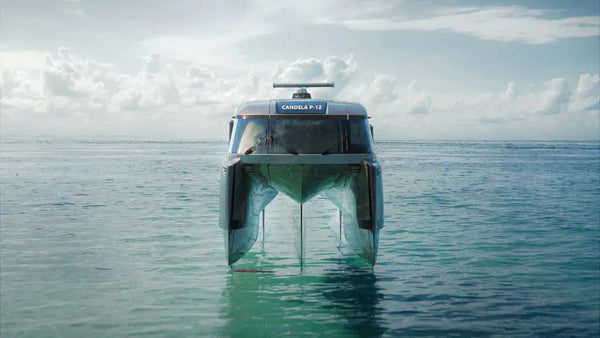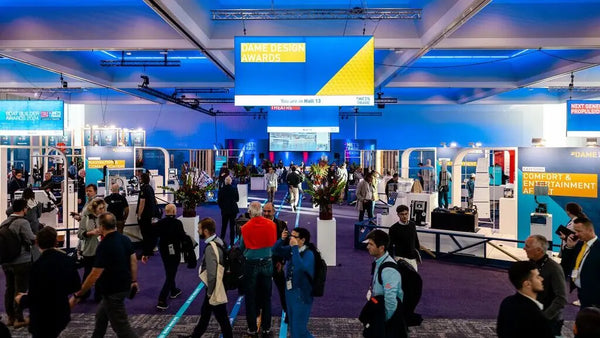
Taking Charge: Electrifying Maine’s Working Waterfront
Charged Marine StaffMaine’s coastline has been a symbol of tradition for generations, but beneath the familiar rhythm of diesel engines, a quiet transformation is underway. Maine is beginning to “take charge” of its working waterfront by electrifying boats and infrastructure that have defined life along its 20-miles of rugged shores for generations.
Tradition Meets Innovation
The Island Institute has become a major contributor in Maine’s effort to modernize its working waterfront. In 2021, the nonprofit launched the Take Charge initiative, designed to introduce electric propulsion into the state’s harbors. The effort began with a 13-foot demonstration skiff built by Highfield Boats outfitted with a motor and 24-kilowatt-hour lithium battery made by Flux Marine, a Rhode Island based company. What started as a single pilot quickly grew in momentum, inspiring fishermen, aquaculturists, and harbor masters across the coast. Within just a few years, more than a dozen boats had gone electric, serving oyster farms, boating clubs, and education programs. (Down East)
Electrification in Maine has now moved well beyond the demonstration stage. From rugged workboats to waterfront charging stations, projects across the state are proving every day that clean power can thrive even in the harshest maritime conditions.
In Yarmouth, The Boat Yard LLC worked with Shred Electric to test a 28-foot aluminum workboat powered by a 100-horsepower Flux Marine outboard. Through a full Maine winter, the vessel logged more than 150 hours hauling gear and towing vessels, even outperforming truck deliveries on efficiency. Quiet, reliable, and emissions-free, it has become a proof point that electric boats can keep pace with real commercial demands.
Aquaculture businesses are also embracing the shift. Maine Ocean Farms deployed a 28-foot solar-charged electric workboat with twin propellers and a 25-mile range to support harvesting, deliveries, and eco-tours—all powered by renewable energy. Meanwhile, Shred Electric, founded by Nick Planson, is developing tools to make aquaculture cleaner and more efficient like the Shred Cube and dockside solar charging stations tailored for shellfish growers.
Still, the future of marine electrification depends on more than innovative boats. It requires the infrastructure and skilled workforce to sustain them. Many Maine harbors lack the high-capacity shore power needed for fast charging, and overnight charging isn’t always practical. To bridge that gap, the Island Institute is working with Maine Electric Boat Co., the Midcoast School of Technology, and local community colleges to train marine technicians and plan charging solutions for coastal towns. At a larger scale, a Department of Energy–funded pilot in Freeport and Portland is bringing fast chargers to the waterfront and deploying three electric boats for community use, offering a model for how small harbors can share resources and scale adoption
How Maine Leads
With only 20 miles of the harbor remaining statewide, thousands of jobs are supported by this shrinking resource. Rising fuel costs, climate pressure, and infrastructure challenges puts one of Maine's established reputation. By piloting electric propulsion in oyster farms, fishing fleets, and boatyards, Maine is showing that even small harbors can lead the way in adopting clean marine technology.
For Maine, electrification means more than cleaner air and water. It means lowering operating costs for fishermen, protecting ecosystems that sustain aquaculture, and ensuring that future generations can continue working the water. In doing so, the state is building a model of sustainable coastal development that other regions can follow.
About Island Institute
Island Institute is a nonprofit championing the resilience of Maine’s coastal communities. It leads the Take Charge initiative, pivotal in advancing marine electrification across the state. https://www.islandinstitute.org/
About Flux Marine
Flux Marine is a Rhode Island–based innovator designing high-performance electric outboard motors, including models tested under Maine’s demanding marine conditions. https://www.fluxmarine.com/
About Maine Electric Boat Co.
A Biddeford-based company committed to building and promoting electric boats. It supports the adoption of clean propulsion in both recreational and working harbors. https://www.maineelectricboat.com/
Article Sources
Down East Magazine “Propelling the Electrification of Maine’s Working Waterfront”
EVWorld “Electrifying Maine’s Working Waterfront”
